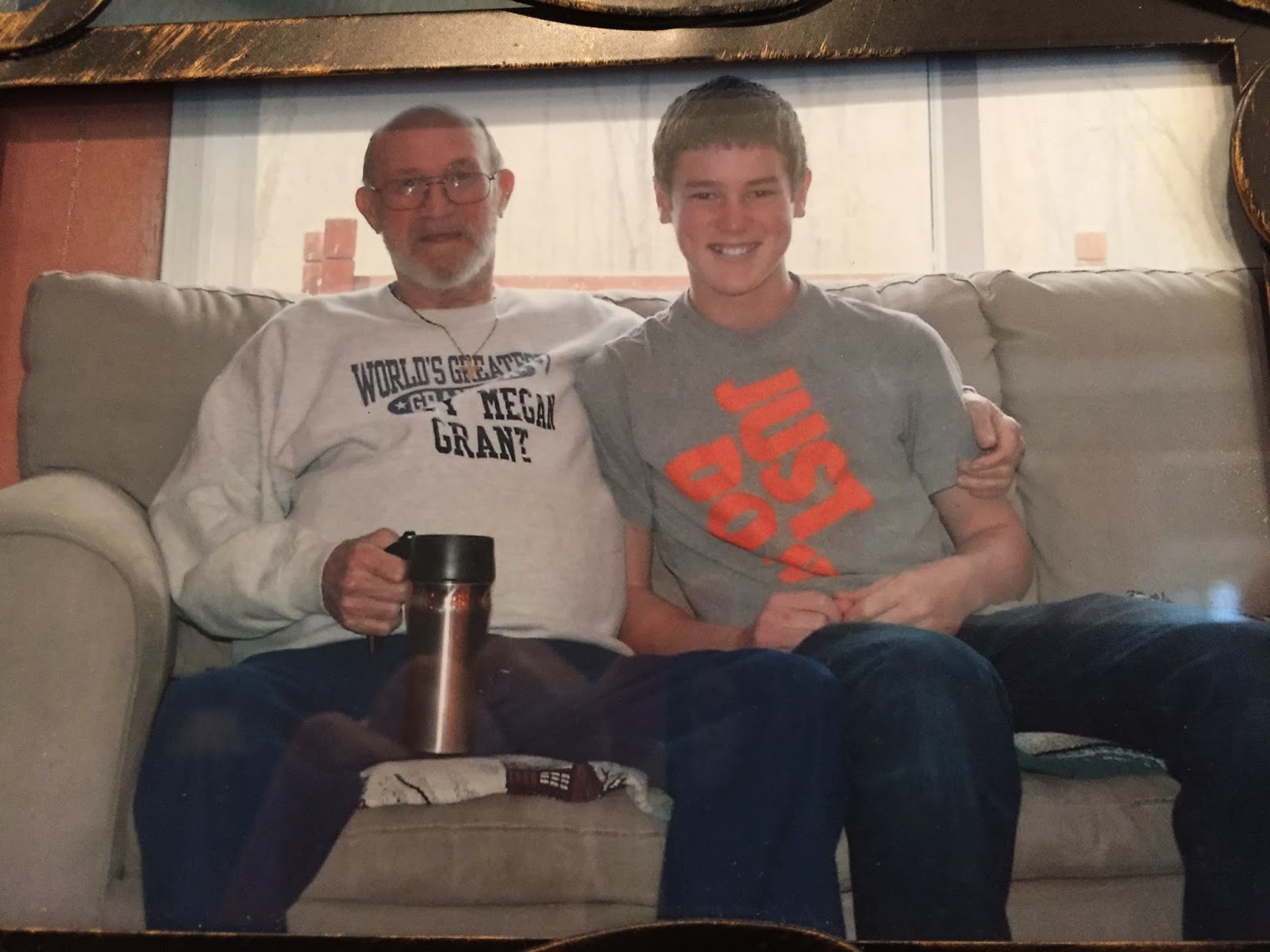Last August Sandi and I celebrated 25 years of marriage. In three weeks we plan to bask in the Caribbean sunshine aboard a cruise ship celebrating this milestone.
Last Friday I took her to dinner at a sports bar. We ate burgers and mixed vegetables (my version of a balanced diet) and then split a dessert (half the calories!). The topic of conversation? The scribbled image you see above.
Before I delve into my attempt to sketch out something really important, let me give you a sweeping overview of our life together since August 19, 1989.
"I love you. You love me. We are PERFECT for each other! All we need is LOVE!"
August 19, 1989 - August 27, 1989
***Yes, the exact length of our honeymoon***
"I love you. You love me. We make a good team!"
August 28, 1989 - December 17, 1994
***Sandi completed college***
***I started grad school***
***I served as a youth pastor and Sandi was my right hand***
"I love you. You love me. Isn't it your turn to change the diaper?"
December 18, 1994 - April 14, 1999
***Megan and Emily were born***
***Sandi quit her job - we live on a youth pastor's income***
***Lots of challenges - Lots of joy - Little money***
"I need you. You need me. Whose idea was it to plant this church?"
April 15, 1999 - June 20, 2002
***We plant a church from scratch in a new town***
***Grant is born one month after our first Sunday service***
***We feel overwhelmed - I experience burn out***
"Who are you? What happened to the person I married?"
June 21, 2002 - September 1, 2009
***Many dark days***
***We never consider divorce (just homicide)***
***It feels like the dream has died***
"A good marriage is costly. Let's make the investment!"
September 2, 2009 - August 14, 2013
***Healing, Hope, and Trust emerge***
***Renewed, resurrected vision comes into focus***
"You are my pearl of great price. Time to lay it all on the line."
August 15, 2013 - Today
***I resign my position***
***We move to South Carolina***
***Rediscovery, Re-engagement, Reset***
All of that brings us to today and that odd picture! Here are 3 take-aways:
- We submit first to God, then one another
- A good marriage is like a strong muscle...it requires nourishment and exercise
- We bless and serve in those areas we are different
The Triangle (see "Building a Discipling Culture" by Mike Breen)
The foundation for our marriage (and certainly this new season of growth) is our mutual ownership of UP/IN/OUT as our highest priorities.
- UP - We love God with all of our heart, soul, mind and strength
- IN - We love our Christian neighbor as we love ourselves
- OUT - We love the spiritual explorer, also our neighbor, as we love ourselves
In our individual pursuits we have found one another and have linked arms and hearts. In our love for one another we have submitted our preferences for what blesses our relationship. In our longing to embrace all that God has for us, we have forfeited our insistence on being "right".
Support tethers that connect us...
The turn around for us began about 6 years ago when we stumbled upon a discovery; we could talk about anything on a walk. So, we began walking our dog just about every night after dinner. We walked in the heat, through clouds of mosquitos, in the rain, in the dark, and shivering in the cold and snow. Walking became a way to exercise not just our bodies, but our flabby communication muscles. So, we just made a commitment to walk. We talked about forgiveness, we fought, we cried, we struggled - but we didn't give up. The things we were able to work through on those walks did more to transform our marriage than anything else. But it took time and effort. It required discipline.
Out arrows representing our individual pursuits...
The truth is that Sandi and I are very different from each other in a lot of ways. She is an extrovert, I am more of an introvert. She recharges emotionally around other people, I recharge in solitude. She is an external processor, I am an internal processor. She loves sappy, romantic comedies, I love gritty science fiction flicks. I love to hunt and fish, she loves to hunt at the mall. And on it goes!
We took a personality assessment once for married couples. The first response that was emailed back to us? Seek professional counseling. I am not exaggerating!
Instead of trying to convince one another to think and feel the way we do about these differences, we are learning what it means to bless and serve. Sandi is an external processor, so I am learning to listen and engage in conversation without trying to fix anything (so hard for me!). I am in internal processor, so she is learning to give me space and not demand to talk something out if I am not ready.
In fact, she says she wants to come duck hunting with me soon! She will bring a book (something nice and sappy) and I will shoot ducks. It's going to be awesome! The catch? She HAS to wear camo! (Yes, I will post those pictures...)
The biggest thing I have learned about Sandi's differences? I am so out of balance with some of my strengths that I need her more than I ever imagined! She has become my ballast...she keeps me afloat in heavy seas (and hopefully I do the same for her).
But, what do I mean by "One Life"? That will be for next time.















